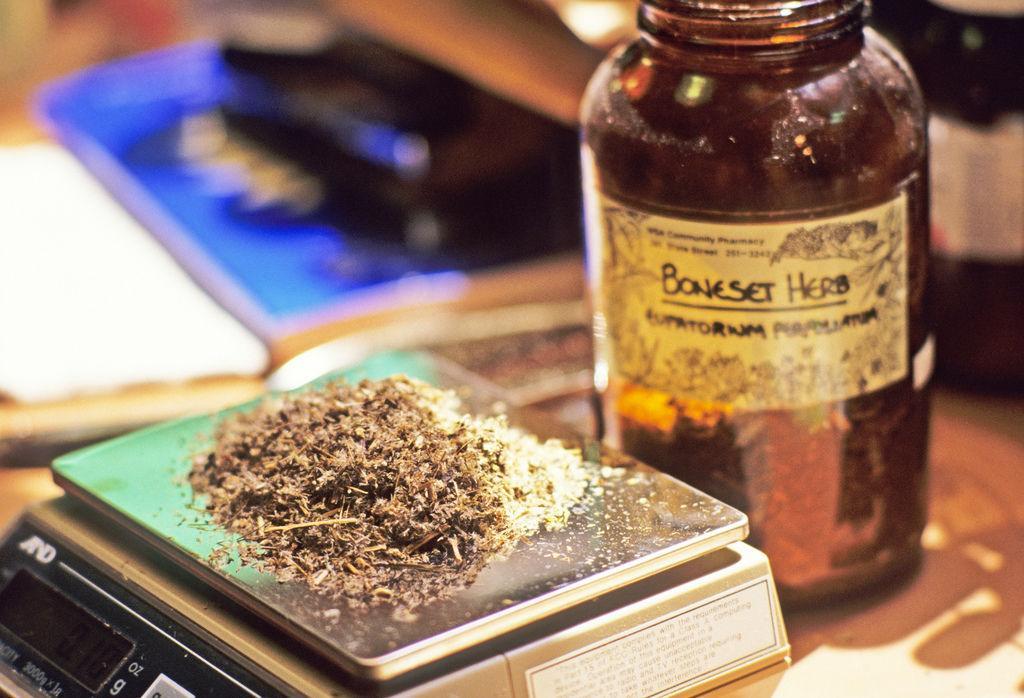For many people, modern medicine is a saving grace. People can use it for grave illnesses, pain after surgery, hormones or just the common cold. Modern medicine even prolongs the lifespan of humans in the developed countries it’s used in.
However, what many don’t consider is the amount of people who misuse pharmaceutical medication, or the amount who are misdiagnosed and have adverse reactions.
At the American Academy of Physician Assistants in 2017, Tatsiana Singh, Master of Physician Assistant Studies, mentioned a study that used direct observation from healthcare workers. It stated one in five medicine dosages in the ICU suffered from error.
Singh also explained diagnosis-related errors are quite high, but are difficult to detect in research. This is quite the dilemma, especially for ICU patients, and should be reported more.
Similarly, each year the U.S. has more than one million visits to the hospital emergency departments for adverse drug events, according to the CDC. These events classify as harm resulting from medication use. This can range from side effects, drug abuse to misdiagnoses.
If people are going to consume pharmaceutical medication, then they need to fully understand what they are taking. Ask your medical professional what all of the side-effects are, and ask them how the medication will interact with other medications or items you are consuming. It will behoove one to know everything about the medication they are taking. If you don’t, then it can end in hospitalization or worse.
An alternative to pharmaceutical medication is herbal medication, which can be a viable option despite the lack of funds for research. Herbal remedies may seem like a “hippie” thing or a folk tradition, but they don’t have to be. These remedies are natural from the earth, and can actually help people if administered properly.
Herbal remedies have been around for thousands of years, and have helped those it was administered to regularly. There’s not a change in the effectiveness of natural remedies in our modern day, or in countries that don’t have access to modern medicine.
Some argue countries that don’t have access to modern medicine are still dying and suffering with herbal remedies. However, many people may not have the access or the knowledge for administering herbal medicine, which leads to death and illness. It depends on the area and the economic status. This means herbal remedies can definitely still be effective.
According to the U.S. National Library of Medicine, there are 75 to 100 kinds of flowers and herbs in the NLM herb garden. An example from the list is chamomile, which helps take away weariness and pain and inflammation of the bowels. The oil can be used against aches and pains, including joint cramps, menstrual cramps and migraines.
Another example on the list is vervain, which is known to help coughs and colds. It can be used against wheezing and shortness of breath that comes with fevers.
Herbal remedies can be helpful for various health issues. Just be sure to test if you are allergic to any plants, or if the remedy will have a reaction to any medications you’re already taking. If you are pregnant, then you should definitely consult your doctor before you consume herbal medication and pharmaceutical medication alike.
People need to be more educated and concerned with what medications or remedies they are taking, and what is out there. It could make the difference between effectiveness, a side effect and a trip to the emergency room.
Abigail Varnado is a 21-year-old English senior from Amite,
Louisiana.
Opinion: Herbal remedies healthy, natural alternative to pharmaceuticals
March 21, 2018







